50 Best Movie Screenplays
Sizzling scripts that leapt from page to screen
The Lord Of The Rings (2001-3)
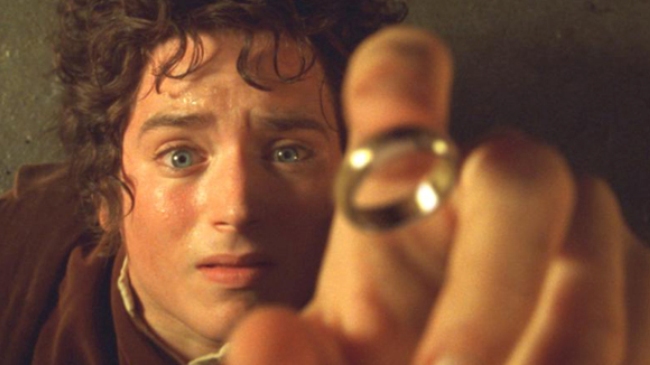
The Screenplay: J.R.R. Tolkien's 1,000-page opus was wrangled to the screen in three instalments by director Peter Jackson, Philippa Boyens and Fran Walsh.
Why It's So Impressive: The scripts cleave a path through the more arcane elements of the novels (no Tom Bombadil, no songs) with deft restructuring, to create a blockbuster at once faithful to the source but streamlined for mainstream consumption.
Most Quotable Line: "We wants it, we needs it. Must have the precious. They stole it from us. Sneaky little hobbitses. Wicked, tricksy, false!"
Goodfellas (1990)
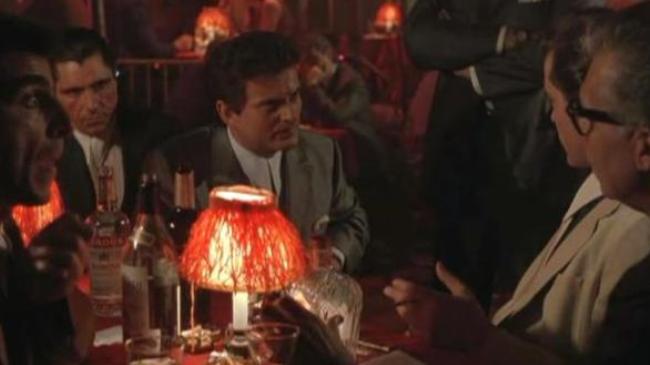
The Screenplay: Years of research went into crime reporter Nicholas Pileggi's non-fiction account of mob footsoldier Henry Hill. When Martin Scorsese read it, he told Pileggi, "I've been waiting for this book my entire life." The author replied "I've been waiting for this phone call my entire life."
Why It's So Impressive: Scorsese and Pileggi's collaboration brings out the best in both. Scorsese suggested the dynamic narrative structure that used short scenes and endless voiceover to propel the story; Pileggi provided the rich details of mob life that gave the film its authority.
Most Quotable Line: "As far back as I can remember, I always wanted to be a gangster."
Les Enfants Du Paradis (1945)
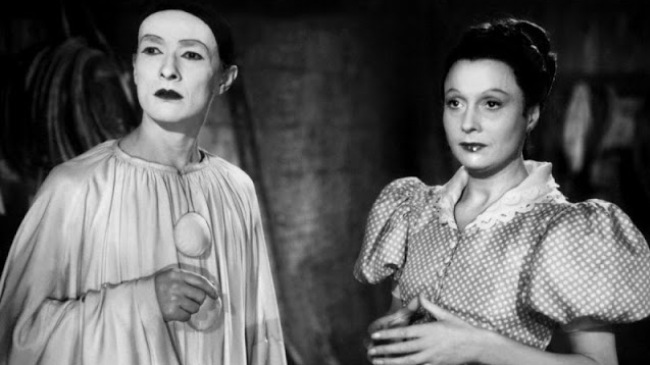
The Screenplay: Poet-turned-screenwriter Jacques Prévert had already won acclaim for his collaborations with Marcel Carné (including Le Jour Se Lève) when he tackled a mammoth screenplay detailing life amongst the actors and criminals of Paris' theatrical district during the 1830s.
Sign up for the Total Film Newsletter
Bringing all the latest movie news, features, and reviews to your inbox
Why It's So Impressive: Despite being a big-screen original, it has the scale and emotion of a long-lost period novel - and is all the more impressive for being a celebration of French identity at a time when the nation was under Nazi occupation.
Most Quotable Line: "I dreamed of impossible things, but how could they be impossible, since I was dreaming them?"
The Third Man (1949)
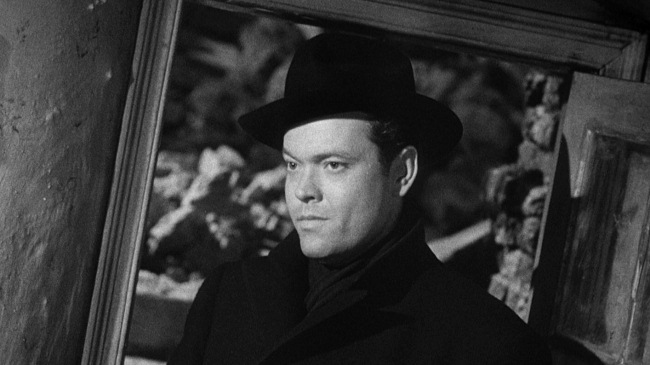
The Screenplay: Graham Greene was so committed to his Vienna-set mystery he penned the story as a novella first, in order to better prepare for the subsequent screenplay. Even then, star Orson Welles couldn't help but write his own dialogue.
Why It's So Impressive: Greene's preparations brought unusual psychological depth and atmosphere to his story, which is at once a great example of a 'twist' thriller and a damning indictment of the problems facing post-war Europe.
Most Quotable Line: "You know what the fellow said – in Italy, for thirty years under the Borgias, they had warfare, terror, murder and bloodshed, but they produced Michelangelo, Leonardo da Vinci and the Renaissance. In Switzerland, they had brotherly love, they had five hundred years of democracy and peace – and what did that produce? The cuckoo clock."
Miller's Crossing (1990)
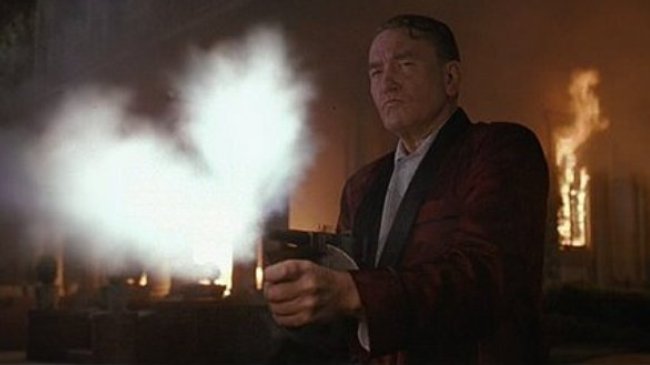
The Screenplay: Joel and Ethan Coen's pastiche of old-school gangster movies proved so complex they got writers' block and penned an entirely different screenplay ( Barton Fink ) before they could finish it.
Why It's So Impressive: The complexity makes this a rabbit-hole of a movie that takes several viewings to fully navigate. Until then, there's the absolute joy of the Coens' lingo. What's the rumpus, indeed.
Most Quotable Line: "Nobody knows anybody, not that well…"
The Big Lebowski (1998)
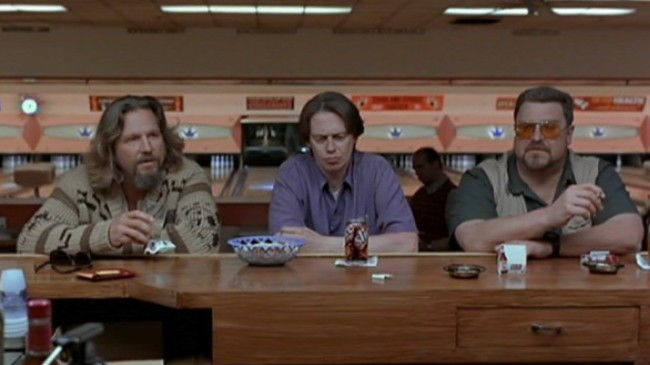
The Screenplay: Fresh from their Oscar success with Fargo , the Coen brothers cut loose with this deliberately ramshackle reworking of Chandler's The Big Sleep , with Philip Marlowe replacing by the rug-lovin' Dude, Jeff Lebowski.
Why It's So Impressive: Proof of the Coens' versatility, this is an 180 swerve from Miller's Crossing : a stoned, episodic shaggy-dog story that nonetheless is tied together by a warm-hearted satire about how difficult it is to make friends in L.A.
Most Quotable Line: "Smokey, this is not 'Nam. This is bowling. There are rules."
A Matter Of Life And Death (1946)
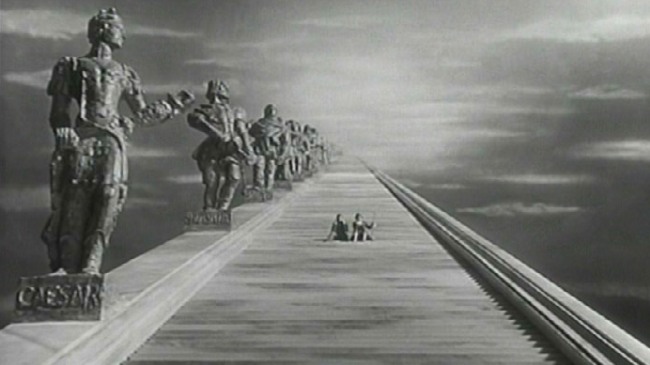
The Screenplay: The Archers - aka producer/writer Emeric Pressburger and director/writer Michael Powell - were asked to create a propaganda story to improve Anglo-American relations. The result is a fantasy in which Heaven fails to locate a supposedly dead RAF pilot, giving him time to fall in love with an American woman.
Why It's So Impressive: Forget about the story's political origins and wonder at how Powell and Pressburger threw caution to the wind to create a story full of wit, romance and surrealism, realising that war is short-lived (in fact, WWII had ended before the film was finished) but cinema is timeless.
Most Quotable Line: "I've fallen in love with her. Her accent is foreign, but it sounds sweet to me. We were born thousands of miles apart, but we were made for each other."
Bonnie And Clyde (1967)
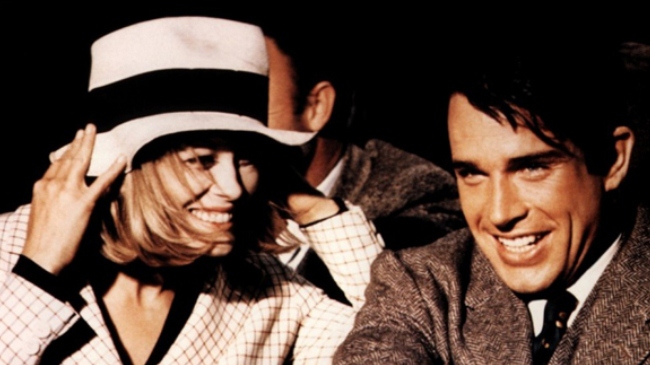
The Screenplay: Journalists Robert Benton and David Newman wanted to break into movies, so they mined Benton's childhood memories of hearing folk tales about the titular 1930s bank robbers. Later uncredited rewrites were by Robert Towne.
Why It's So Impressive: Unschooled in three-act structures, Benton and Newman didn't worry about consistency of tone, preferring to emulate the mercurial mood of the French New Wave classics they idolised by writing a script that was funny, romantic, sad and violent all at once.
Most Quotable Line: "We rob banks."
It's A Wonderful Life (1946)
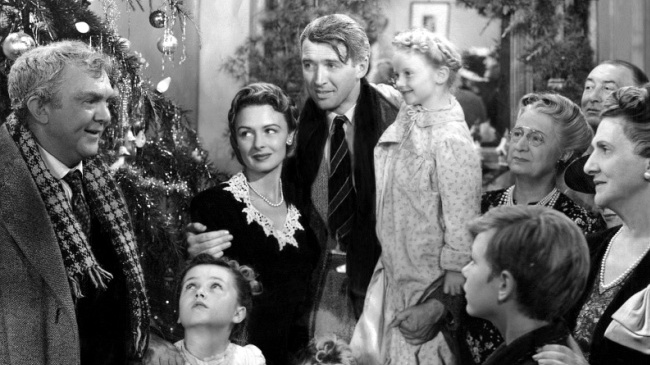
The Screenplay: Philip Van Doren Stern's short story, The Greatest Gift - about a man shown what would happen if he'd never been born - was adapted for the screen by Frances Goodrich and Albert Hackett, with uncredited polishing by Dorothy Parker.
Why It's So Impressive: The short story occupies only the final third of a two-hour film. The heavy lifting is done before that, as the screenplay anatomises a life's ups and downs, flipping from romantic comedy to painfully realistic despair.
Most Quotable Line: "Every time a bell rings, an angel gets its wings."
Reservoir Dogs (1992)
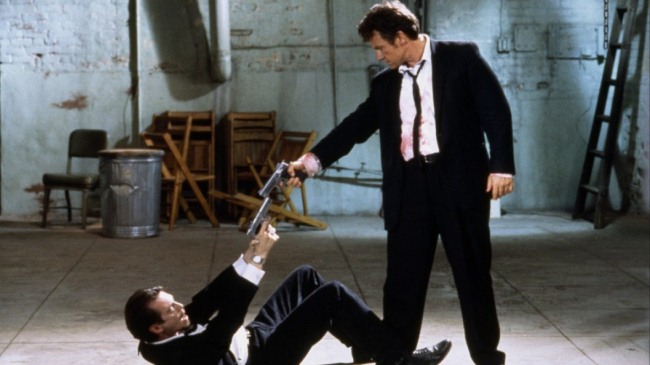
The Screenplay: First-time writer decides to make a heist thriller in which we never see the heist, the chronology is all over place and the characters spend the whole time yakking about bullshit. It'll never catch on.
Why It's So Impressive: Quentin Tarantino mainlined a lifetime of watching movies from behind the video counter to create a new kind of cinema in which the plot is a string of references, but the people sound like wise-ass film buffs.
Most Quotable Line: "Let me tell you what Like a Virgin is about. It's all about a girl who digs a guy with a big dick. The entire song. It's a metaphor for big dicks."


